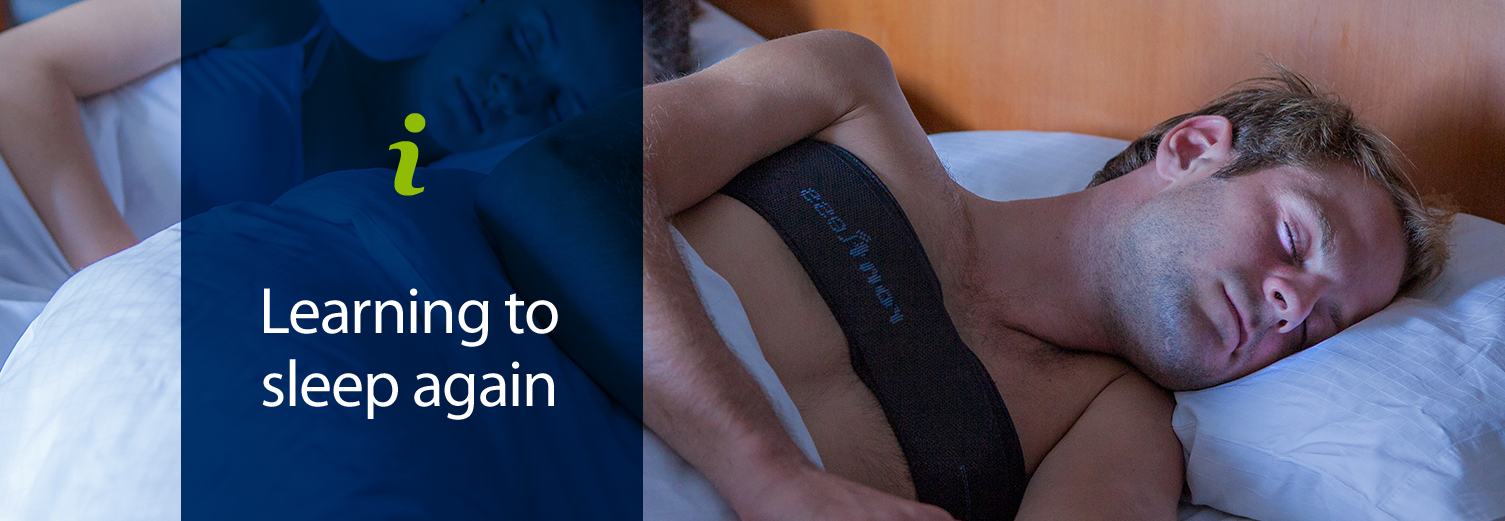We spend one third of our life sleeping, so let’s care about it! Yet, today, sleep deprivation has become a fact: we sleep on average 1.30 less than 50 years ago ….(1)
How can we learn to sleep properly again? How can we find this refreshing sleep again?By understanding what sleep really means through 5 different key points





